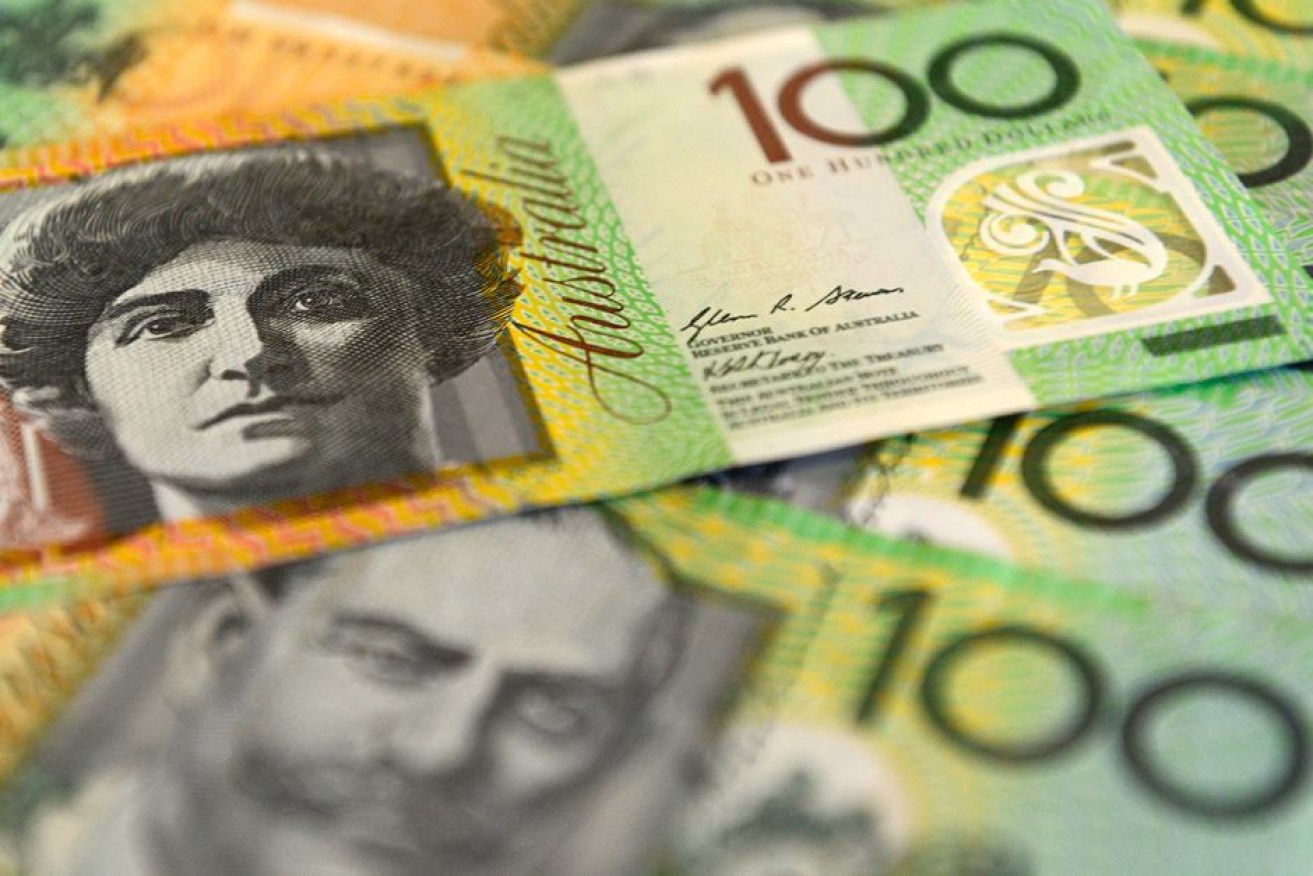Big pharma’s cash splash on nurses, dietitians for services

Pharmaceutical companies paid allied health professionals more than $2 million 2016-2017. Photo: AAP
Nurses, dietitians, pharmacists and other allied health workers are getting millions of dollars in payments from big pharmaceutical companies for their services.
New figures show the companies spent more than $2 million on consultant fees, educational events like overseas conferences and guest speaking roles for allied health professionals in Australia in 2016-2017.
The information from a new database, compiled by the University of Sydney, shows nurses have been the biggest winners.
The companies gave more than $1.7 million in 1635 separate payments to nurses and nurse practitioners over a one-year period.
An analysis by the ABC showed the pharmaceutical industry also spent almost $500,000 in more than 400 payments to dietitians, pharmacists, psychologists, physiotherapists and podiatrists.
Even smaller specialties like embryologists, exercise physiologists, optometrists and a social worker also received money.
Some of the highest individual earners included a nurse practitioner who received $17,662 to go to “an independent meeting overseas”, a nurse who was paid $11,408 for a similar trip abroad, a Victorian pharmacist who got $7687 for a “consulting service” and a NSW physio who was paid $5250 for being on an “advisory board or committee meeting”.
While it has long been known that doctors and specialists take money from the corporations, it is the first time it has been made clear allied health professionals are also receiving payments.
Many of the drug companies paid allied health workers who specialised in conditions that aligned with their product range.
Fears events influencing prescribing
The data source is the latest disclosure report published by Medicines Australia as part of government transparency reporting requirements.
It is the first time payments to individual health practitioners have been revealed.
Professor Lisa Bero and her team at the Charles Perkins Centre at the University of Sydney took the figures, built their own searchable database and have allowed the ABC to analyse the results.
Professor Bero said while many allied health professionals could not prescribe drugs, pharmaceutical events could influence them to order specific tests that led to a drug’s use or recommend medications to a client.
“A pharmacist could really encourage more frequent blood-glucose monitoring and that results in more use of anti-diabetic medicines,” she said.
“Or exercise physiologists could be versed in medicines to treat inflammatory disorders and make a recommendation someone see a doctor about that.”
Professor Bero said it was an important area because evidence showed doctors who attended pharmaceutical company educational events did prescribe their product more.
“As low as a meal around $10 or $12 is associated with increases in prescribing for the products that came from that sponsor.”
Conference payments ‘shouldn’t be considered a kickback’
Major US studies have revealed accepting payments from pharmaceutical companies is associated with increased rates of prescribing those drugs.
It also extended to educational events like conferences and symposia.
“If it’s a symposia published on diabetes, it maybe doesn’t reference anything about lifestyle changes to improve diabetes, it may in fact only focus on one particular drug,” Professor Bero said.
Pharmacy Guild of Australia Victorian president Anthony Tassone has been to advisory board meetings.
He said advisory board payments simply compensated pharmacists for their time, which included travel and preparation.
“I have been in a range of these and it’s really just giving feedback to make sure they don’t stuff up their packaging and don’t do stupid things with their educational material,” he said.
He said pharmacists were required to take part in ongoing education like conferences to stay up to date and the content of those conferences was tightly regulated.
“It’s about trying to get the best outcomes it certainly shouldn’t be considered a kickback or any other reason,” he said.
A spokeswoman for Medicines Australia, which represents the pharmaceutical industry, said the payments were published as part of an industry code of conduct.
“This is the same standard that pharmaceutical companies are held to in Europe, and significantly more detailed than industry self-regulation in the USA,” she said.
“By supporting ongoing education, companies can assist healthcare professionals to acquire the appropriate understanding and knowledge of new innovative therapies, which is appropriate and accountable.”
– ABC








